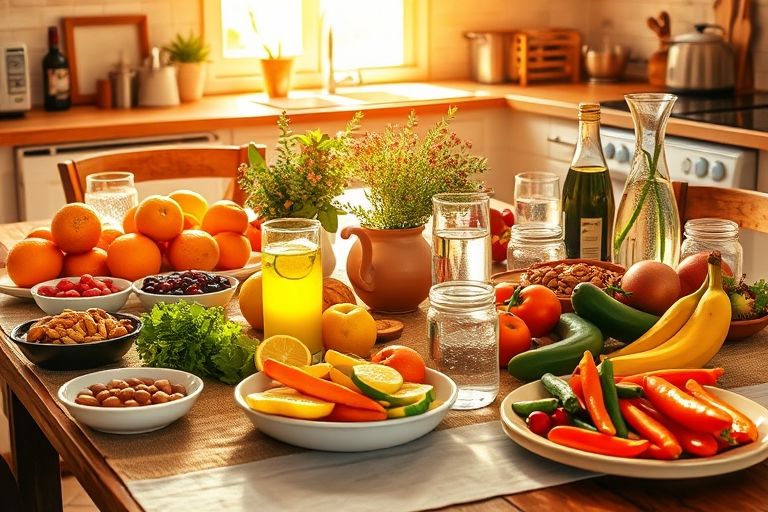
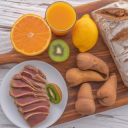
Are you tired of experiencing muscle cramps during your workouts or daily activities? Muscle cramps can be both painful and disruptive, but the good news is that there are certain foods and drinks you can consume to help prevent them. In this article, we will explore the best dietary choices to avoid muscle cramps and keep your muscles functioning optimally.
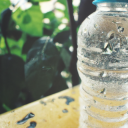
When it comes to preventing muscle cramps, staying hydrated is key. Dehydration can lead to muscle twitches and cramps, so it's important to drink enough water throughout the day. Aim for at least eight glasses of water daily, and increase your intake during intense physical activity or hot weather.
Additionally, you can include hydrating fruits and vegetables in your diet, such as watermelon, cucumbers, and oranges, which have high water content and can contribute to your overall hydration.
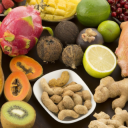
Electrolytes, such as potassium, magnesium, and calcium, play a crucial role in muscle function. Including foods rich in electrolytes can help prevent muscle cramps. Bananas, avocados, spinach, and yogurt are excellent sources of potassium. For magnesium, incorporate nuts, seeds, whole grains, and leafy greens into your meals. Calcium can be obtained from dairy products, fortified plant-based milk, and leafy greens as well.
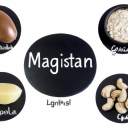
Magnesium deficiency is often linked to muscle cramps. To ensure you're getting enough magnesium, include foods like almonds, cashews, black beans, and dark chocolate in your diet. You can also consider taking a magnesium supplement under the guidance of a healthcare professional.
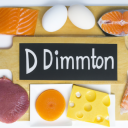
Vitamin D plays a crucial role in muscle function and can help prevent muscle cramps. Fatty fish like salmon and mackerel, egg yolks, and fortified dairy products are excellent sources of vitamin D. If you have limited sun exposure or are unable to obtain enough vitamin D through your diet, consider taking a vitamin D supplement.

Reducing inflammation in your muscles can help prevent cramps. Incorporate anti-inflammatory foods like berries, leafy greens, turmeric, ginger, and olive oil into your meals. These foods are rich in antioxidants and can help reduce muscle soreness and inflammation.

Both alcohol and caffeine can dehydrate your body and potentially lead to muscle cramps. Limit your intake of alcoholic beverages and caffeinated drinks, such as coffee and energy drinks. Opt for herbal teas, water, and natural fruit juices instead.
To avoid muscle cramps, aim for at least eight glasses of water daily. However, your water needs may vary depending on factors such as physical activity level and environmental conditions. Listen to your body and increase your water intake during intense workouts or hot weather.
Supplements can be beneficial in preventing muscle cramps, especially if you have specific nutrient deficiencies. However, it's important to consult with a healthcare professional before starting any supplements to ensure they are suitable for your individual needs.
While there are no specific foods that universally cause muscle cramps, it's important to maintain a balanced diet and avoid excessive consumption of processed foods, sugary drinks, and high-sodium foods. These can contribute to dehydration and electrolyte imbalances, which may increase the risk of muscle cramps.
By incorporating these dietary tips into your routine and staying mindful of your hydration levels, you can significantly reduce the occurrence of muscle cramps. Remember to listen to your body and seek medical advice if you experience persistent or severe cramping. Stay hydrated, eat a balanced diet, and keep those muscles happy!